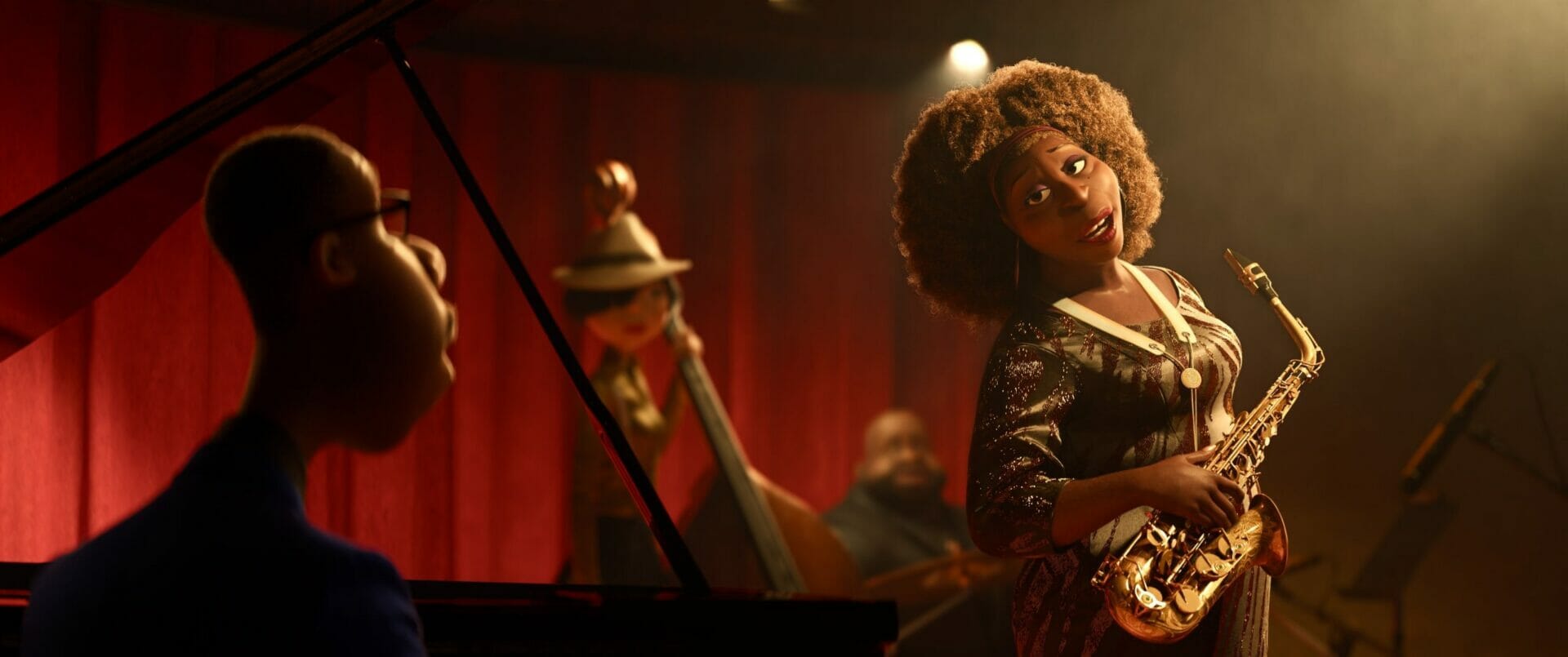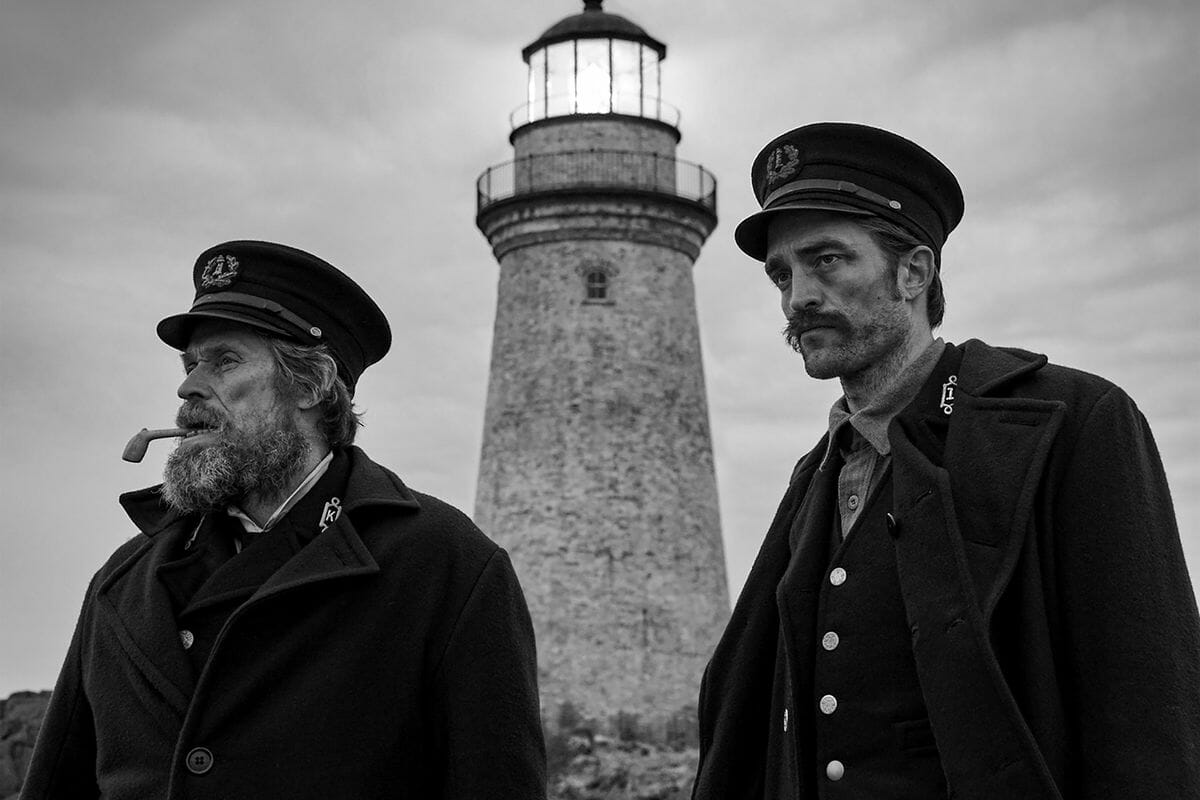
Novecento | Life is a limitless keyboard
Author
Year
Format
Novecento has never in his life walked a step on dry land. Born on a ship, he grew up in the engine room. One night he started playing the piano in the first-class concert hall, enchanting the whole crew. He seems to be at one with the keyboard; and on that keyboard, he would live his whole life.
Novecento is the protagonist of a theatrical monologue named after him, written in 1994 by Alessandro Baricco, an Italian novelist, playwright, and screenwriter living in Turin. In the same year, he founded Scuola Holden, a school for storytelling and the performing arts. He won several prizes and his works have been translated into a number of languages. Novecento was meant to become a play directed by Gabriele Vacis and performed by Eugenio Allegri. Italian publishing company Feltrinelli published the text the same year: the writer described this work as halfway between a play and a tale to be read loud. Four years later, in 1998, Giuseppe Tornatore directed a movie based on the monologue, The Legend of 1900. Eventually, in 2022, Baricco himself enacted his text, available on RaiPlay.
Life on a keyboard
A black stoker finds Novecento as a baby in a lemon box, abandoned on the piano of first class. The man dies due to an accident on the ship when the child is only eight years old and the captain decides to send him to an orphanage. But in the middle of the night, a piece of fascinating music coming from the first class saloon wakes everybody up. No one taught Novecento how to play the piano, but he seems to be born to move his fingers on that keyboard. So, he remains on board as a musician, never desiring to go ashore.
Take a piano. The keys begin, the keys end. You know there are 88 of them and no-one can tell you differently. They are not infinite, you are infinite. And on those 88 keys the music that you can make is infinite. I like that. That I can live by.
Introduced as a sort of child prodigy, a modern-time Amadeus Mozart, Novecento grows up as an incredible musician. His fame grows with him; but like the Austrian composer, Novecento lives somehow estranged from reality. They both cannot tell their own story, because they don’t know how the real world sees them. As Miloš Forman entrusts Salieri to tell Mozart’s story in his film Amadeus, so the book chooses someone who closely experienced the legend. The narrating voice belongs to Tim Tooney, a trumpet player who worked on the same ship for a while.
Fuck the regulations!
Novecento resembles a marine version of Italo Calvino‘s The Baron in the Trees. They both refuse to step on the mainland, preferring the ocean, or the trees; not even love persuades them. It has various affinities with J.D. Salinger‘s The Catcher in the Rye too. Despite belonging to totally different genres and having protagonists with nothing in common, they are both stories of dreamers who prefer to live a parallel life in a world they have shaped on their own, frightened by the real one. Novecento sails across the seven seas, and yet he can’t find rest anywhere but on his ship. Similarly, Salinger’s fictional character Holden embodies restlessness and can’t find a place in the world where he can feel at home. Even though the latter tells his story personally, he believes in narrative as a powerful instrument, just like Novecento and Tim.
You’re never really done for, as long as you’ve got a good story and someone to tell it to.
Novecento, Baricco
Even though, in the end, they reach opposite convictions.
It’s funny. Don’t even tell anything to anybody. If you do, you start missing everybody.
The Catcher in the Rye, Salinger
The two works also share the choice of everyday language, including onomatopoeias, repetitions and slang. As its protagonist, Novecento follows nearly no rules: the monologue has no classic partition into acts. The lack of interruption pushes one to read it all in one breath, following the narrator’s memory flow. One difference from most monologues, though, is that more than once Tim lets Novecento talk with his own voice. It brings the reader directly into the past, in the middle of the event he is telling, or indeed in his mind. There are no punctuation marks where Tim’s words finish and where those of Novecento start, creating an exact overlapping between the events, their recalling of it and the way the reader experiences them.
Infinite possible worlds
In Calvino’s novel Invisible Cities, Marco Polo describes to Kublai Khan the many cities of his empire. The King has never visited any, but through Marco Polo’s tales, he feels as if the journey was his own. Something very similar happens to Novecento: spending his whole life on the ocean, he has never had direct experiences. Everything he lived, everything he knows, arrived to him through other people’s eyes. The piano is the only thing he knows: therefore, Novecento decides that everything he will live, it will be on that keyboard.
The musician becomes a metaphor for literature itself and what books can be to readers. Novecento ‘reads’ in people’s eyes the world he will never experience, so as any reader can find in books infinite worlds and adventures. Reading involves countless possibilities but no risks; and so is the way Novecento chooses to stay in the world. Unable to take any decision, he is terrified by the possibility to regret a choice or to find out he renounced to something. Therefore he prefers remaining on the ship, running no risk; settling for a life spent from the border, as still in a childlike limbo.
Nevertheless, Novecento is a human being like any other, only looking for a way to save himself. His fears, his inability to find a sense in the immensity, and his dismay in front of infinity, mirror any small individual in a too-big world. And as countless readers find themselves in a good book, Novecento’s extraordinary life reflects everyone’s experience.
Tag
Buy a ☕ for Hypercritic










